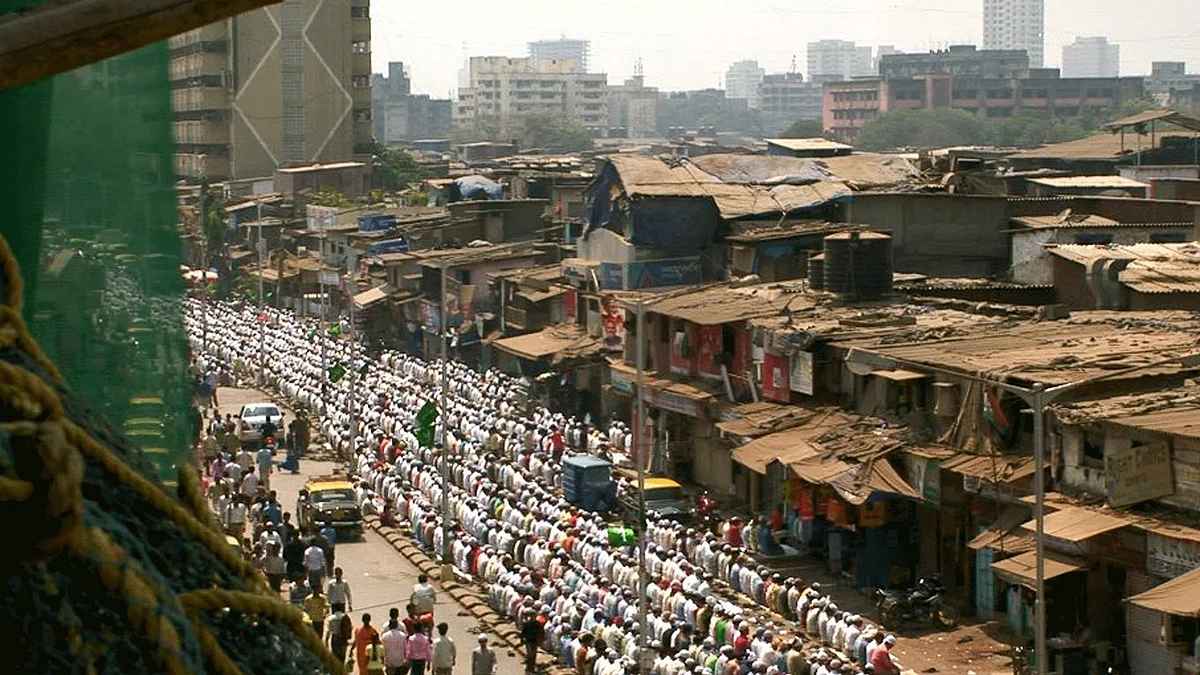Missing Docs Delay Possibly the Biggest Survey of Mumbai Slums
Activists say that the effort will fail unless rights of all slum dwellers are recognised.

advertisement
A survey of Mumbai’s slums to establish which residents are eligible for rehousing is being delayed by missing documents and criticised by activists who say the effort will fail unless the rights of all slum dwellers are recognised.
More than 55 percent of the Indian city’s 20 million inhabitants live in overcrowded and unsanitary slums, according to the state-run Slum Rehabilitation Authority (SRA), which plans to poll more than 2,00,000 residential and commercial establishments in Mumbai’s slums by the end of 2016.
As part of the survey, residents deemed eligible to be rehoused must provide SRA officials with details of the size of their family, their income, rent receipts, electricity bills and other proof of residence before being given a special ID card.
“It is a very big survey, possibly the biggest such survey we have done of Mumbai slums,” said SL Zanke, a senior SRA official.
“But many of the people don’t have the necessary documents, so it is getting delayed. We have not even finished half,” he told the Thomson Reuters Foundation.
The slums, lying alongside luxury hotels and office towers in India’s financial capital, are largely inhabited by poor migrant workers who move to the city in search of better economic prospects but cannot afford decent housing.
There are more than 2,000 slum clusters in the city, according to civic authorities. Surveyors are going door to door, checking government-issued identification papers, property titles and biometrics to identify people eligible for rehabilitation and map the areas for redevelopment.
“It is a slow process because the residents have not been informed fully about the survey,” said Prashant Chalase, a project manager at Innowave IT Infrastructures Ltd., one of the firms conducting the survey.
“Many don’t have the necessary documents and are not cooperating, so we’re getting delayed,” he said.
Mumbai launched a slum rehabilitation scheme in 1995 which identified about 800,000 families for rehousing.
Developers were offered incentives to build multi-storey apartment buildings, so eligible residents could exchange their tarpaulin-covered shacks and tenements with tin roofs for houses with running water and other amenities.
The scheme foundered as developers found it to be financially unfeasible, while residents who were not rehoused complained and others who moved objected to being housed far from their original homes.
The scheme failed because it did not recognise the rights of those who lack identification papers and other documents, said Jockin Arputham, president of the National Slum Dwellers’ Federation.
“They may have been living there for many years, but if they don’t have those documents, they are declared ineligible. That’s just wrong,” Arputham told the Thomson Reuters Foundation
“Every time, the government brings in someone who knows nothing about slums to do a survey. Naturally, they don’t have much success,” he said.
“Instead, they should involve NGOs who have been working there and understand the complexities,” he said.
“Private firms are best equipped to do the complicated survey, and SRA will await their results before drawing up a rehabilitation plan,” Zanke from the SRA said.
(Published in arrangement with Thomson Reuters Foundation)
(At The Quint, we question everything. Play an active role in shaping our journalism by becoming a member today.)